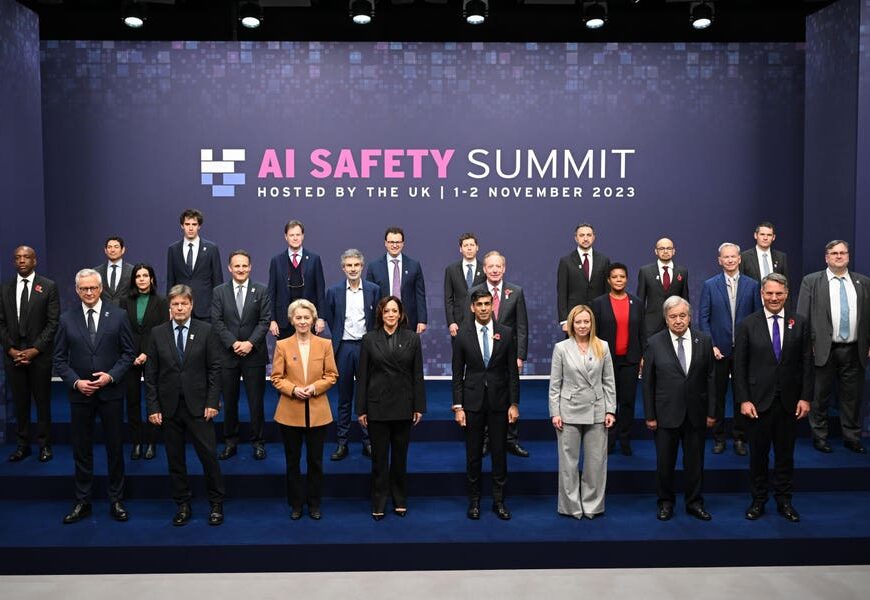My friend David Skilling recently shared a thought-provoking analysis on the potential risks associated with a fiscal approach akin to that of Liz Truss in the United States. Last year, Truss’s proposed economic strategies triggered a significant shift in the gilt market.
The United States exhibits certain factors that contributed to the gilt market disruption, including substantial debt levels and a political landscape that surpasses Truss’s extremity, with her current alignment with the far-right factions. However, the resilience of the US economy suggests that a significant upheaval in the Treasury market would likely necessitate a scenario akin to a ‘rule of law’ crisis under a Trump administration.
Shifting the focus away from Liz Truss, who, like others, seems to have embraced radical ideologies from the American right, there is a prevailing notion that individuals with strong academic backgrounds in fields like mathematics and physics may not be suited for politics, an assumption that may not hold true.
There is an argument in favor of having more scientists and mathematicians involved in governmental roles. For example, Singapore’s prime minister has a background in mathematics and economics. In the UK, figures like David Willetts have played significant roles, such as overseeing the identification of eight key future technologies and formulating an industrial policy around them during his tenure as the Minister for Universities and Science.
In a notable document from 2023, Willetts revisited the ‘Eight Technologies’ and the subsequent industrial policy in the UK, shedding light on the challenges faced by the economy, the erosion of industrial and education policies, and the daunting task that may confront an incoming Labour government.
The document underscores the prescience of identifying future technologies and the inadequacy of expertise in politics to engage with advancements in fields like satellites and robotics effectively. It also highlights the adverse impact of organizational upheavals in innovation-focused departments and the erosion of necessary capabilities for fostering innovation.
Furthermore, the document points out the lack of a robust regulatory framework for emerging technologies like artificial intelligence (AI) in the UK. While the current government adopts a hands-off approach to AI regulation, the Labour party is gearing up to unveil a comprehensive policy framework around AI soon, navigating a delicate balance between promoting innovation and addressing concerns about job displacement.
As the discourse around AI and its implications on the workforce intensifies, there is a growing need for informed policy discussions. Initiatives like the Martin School at Oxford and MIT’s ‘Shaping the Future of Work’ project are already generating valuable insights and policy recommendations in this domain.
In positioning itself as a key player in the AI landscape, the UK can draw inspiration from past successes in shaping global standards, as highlighted by Willetts. While the UK may have missed the opportunity to set the standard in AI globally, it can still contribute significantly to shaping the evolving EU framework on AI regulation and innovation.
In conclusion, the call for an ‘economic NATO’ in Europe, as advocated by Liz Truss, underscores the importance of regional collaboration and strategic alignment in navigating the complexities of the modern economic landscape.










